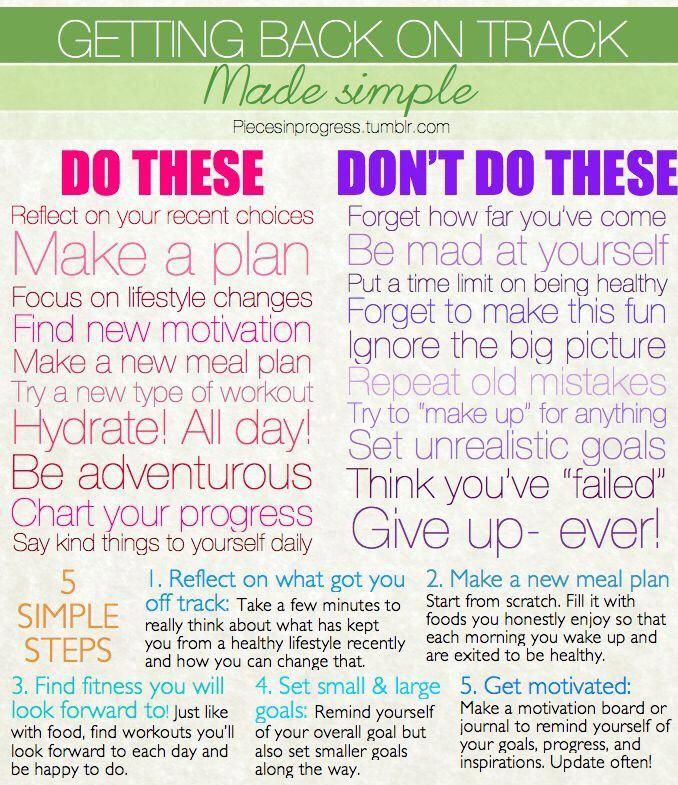Romeo and Juliet, peanut butter and jelly. . . some combinations just seem to go together. Deadlines and exhaustion, on the other hand, are a pair that no one likes to experience. What do you do when you are confronted with that undesirable duo? Put up a fight with these seven motivating tactics.
If someone told you to do an online search for a blueprint for a house, you would skip off to your computer without a care in the world. However, if you were asked to build a house, you might exclaim “I can’t do that!” Why is searching for a blueprint less intimidating than building a house? After all, finding the right design is the first step of construction.
In 1981, Albert Bandura and Dale Schunk tested two groups of children. Researchers told one set of children to finish forty-two pages of math problems in seven sessions. The second group’s instructions suggested they complete six pages of math problems each session for seven days. What were the results? Not only did the children with smaller subgoals complete their problems faster, they also answered correctly 40 percent more frequently.
Subsequent studies replicated the same results with adults. What do you learn? Thinking about the whole project is overwhelming, but you can boost your confidence and get more done if you divide the task into manageable chunks.
Okay, you’ve broken your project down into substeps. What now? Psychologists have long agreed that writing down goals helps people to accomplish them. Recently, Dr. Gail Matthews of Dominican University in California wanted to know how effective goal-writing is. She tested hundreds of participants. The findings indicated that writing down goals increases your likelihood of achieving them by about 42 percent.
According to author Michael Hyatt, there are at least five benefits of writing down your objectives:

In this digital age, telling others about your plans with others is easy. Share your goal on social media. Provide regular status updates, including your struggles and setbacks. Likely, your family, friends, and colleagues would welcome a chance to celebrate your advancements and give you advice on how to overcome setbacks. If you are serious about your goal, you will appreciate it when they hold you accountable for your promises. Just knowing that the people who are important to you are rooting for you can motivate you to keep trying.
Just knowing that the people who are important to you are rooting for you can motivate you to keep trying.
One Australian psychologist wanted to know if visualization could help basketball players improve their game. He measured how many free throws each player could successfully score in a brief period of time. Then, he divided the players into three groups. One group had to practice throwing free throws for twenty minutes each day. Another group only visualized themselves sinking free throws; they weren’t allowed any real practice. A third group didn’t practice or visualize free throws.
In a real-life trial, players who only visualized improved almost as much as the group who practiced! Why does visualization work? Brain imagery shows the same neuron action in the brain when someone creates mental images and when someone performs a task. When you feel tired, take a few moments to picture yourself completing all of the steps of your project. View the scene in detail—the sights, the smells, the feeling of pride.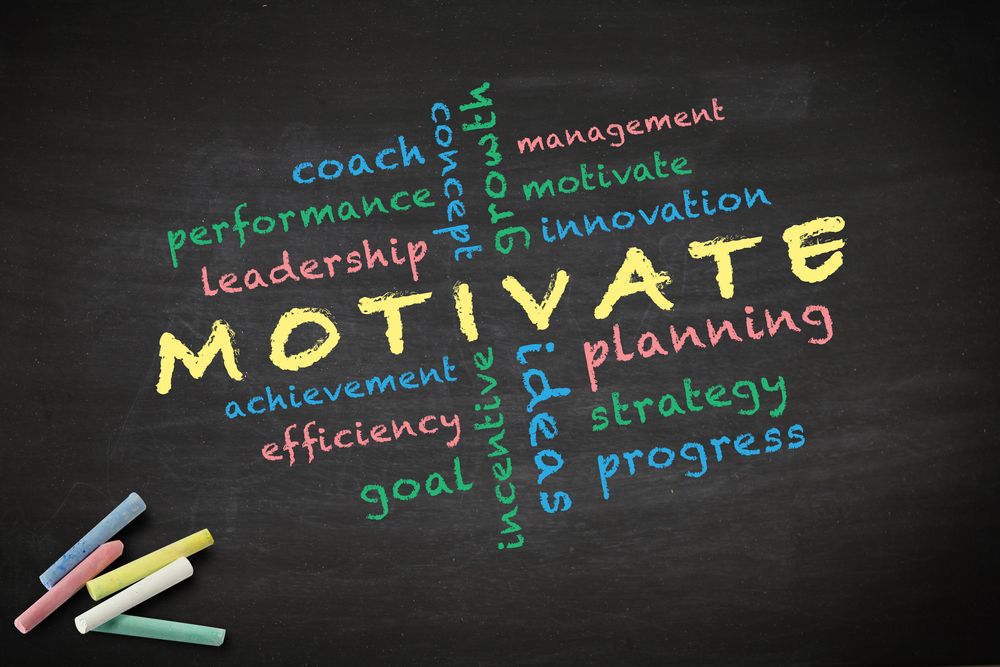 What positive outcomes will result at the project’s end? How will you celebrate? You should start to feel better in no time.
What positive outcomes will result at the project’s end? How will you celebrate? You should start to feel better in no time.
As reported in Psychology Today, listening to music changes your perception of the world. Studies indicate the music “engages a wide range of neurobiological systems that affect our psychology.” To illustrate, researchers played either happy or sad music to test subjects. While listening, the subjects had to identify emoticons as happy or sad.
What happened when researchers presented a neutral face (without a smile or a frown)? Amazingly, subjects listening to sad music identified the ‘neutral’ faces as sad and subjects listening to happy music identified the same face as happy. If you want to affect your mood, why not play some upbeat, energizing music while you work or during your break?
Slumping exhausted in front of a television screen does not count as taking a proper break. What appeals to you most—a power nap, a day trip to the mountains, or a relaxing dinner with your mate? It doesn’t matter what you do.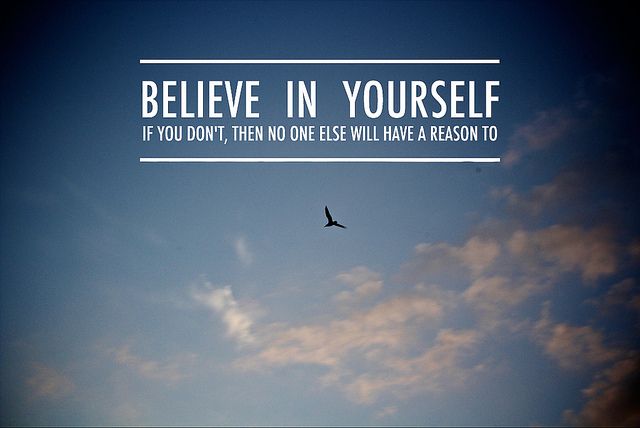 What matters is that you truly relax by doing something that refreshes you. When you return to work, you will be ready to press on.
What matters is that you truly relax by doing something that refreshes you. When you return to work, you will be ready to press on.
Aromatherapy is the use of plant extracts or essential oils to improve health or relaxation. According to an article in Entrepreneur, of all our senses, smell is particularly effective in influencing brain activity. Beverly Hawkins, owner of the West Coast Institute of Aromatherapy, explains that olfactory bulbs “are part of the limbic system and directly connect to the areas of the brain that process emotion and learning.” To benefit, all you have to do is put a small amount of essential oil on a cotton ball. Then, take a sniff or two when you feel tired. However, any old smell won’t do. Hawkins recommends one of six scents—lemon for increased concentration and relaxation, lavender for stress relief, jasmine for lifting your mood, rosemary for fighting physical and mental fatigue, cinnamon for focus, or peppermint for energy.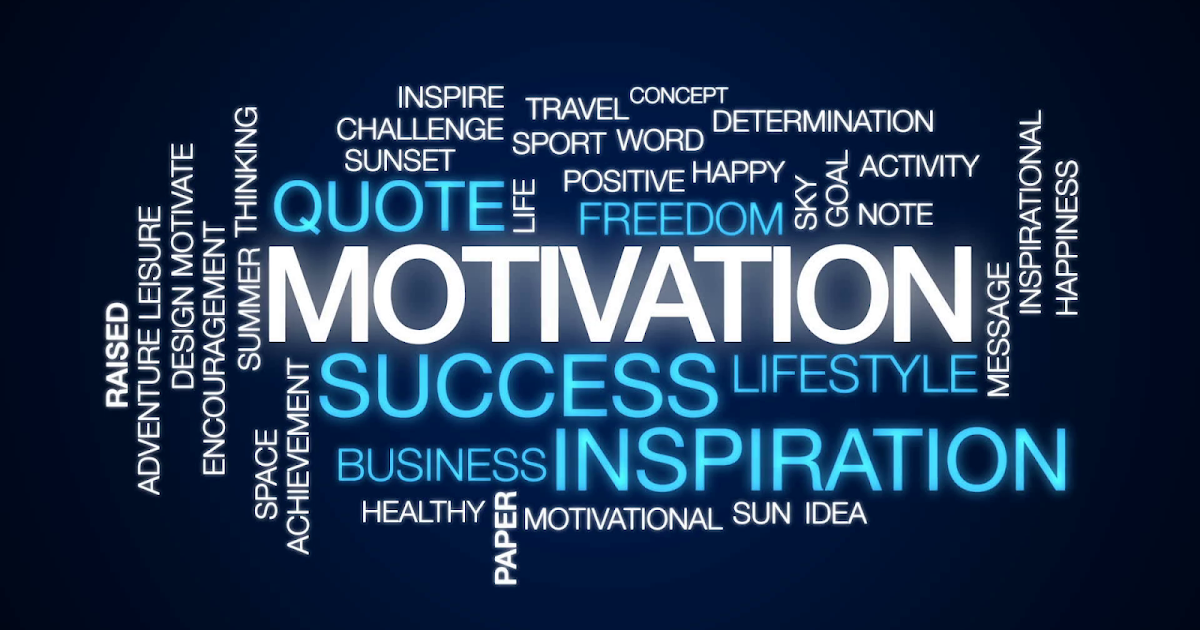
If you’re feeling exhaustion, it may seem impossible to continue working. Don’t give up. If you take a moment to motivate yourself with one of these seven methods, you will be back in the swing of things before you know it. Which technique will you try first?
Off days. We all have them from time to time.
Maybe you didn't sleep well the night before, or perhaps you're working on a project that isn't particularly exciting. Or maybe there's no viable explanation at all, and you're just straight up not feelin' it that day.
First of all, that's OK. We can't be on all the time. Motivation is an ebb and flow: We all have periods of high energy where productivity comes easily, as well as periods of low energy where your work doesn't come so easily.
But alas ... unless we're physically ill, we're all expected to show up at work and get our work done regardless of how tired we are or how "meh" we're feeling.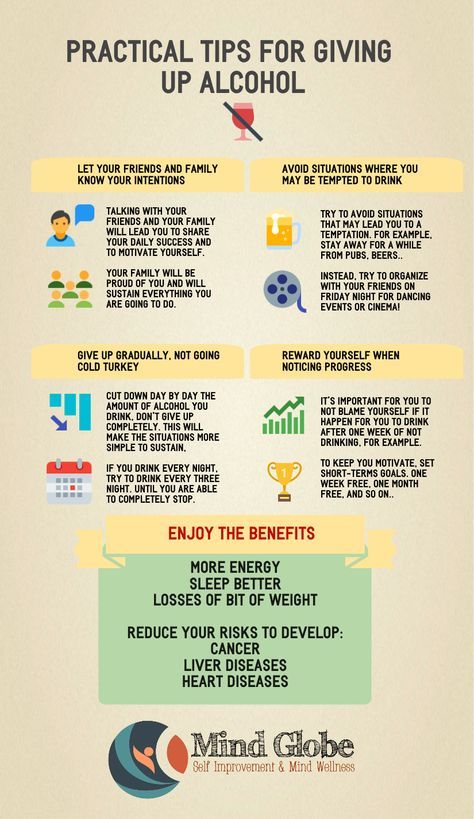
It's times like these when we need to find that motivation within ourselves. The next time you're feeling exhausted, unmotivated, or lethargic at work, try one or a few of these 10 ways to get motivated again.
Have you ever found yourself faced with a deadline or a looming task, only to realize that was the perfect time to clean your house or start a new season of 24? Turns out, that's your brain playing tricks on you.
A study by Dr. John Bargh, an award-winning psychology researcher, showed that, before we start on a big project, our brain attempts to simulate real, productive work by focusing on small, mindless tasks. The result? We don't get started on the tasks that are most meaningful. And the longer we procrastinate, the more anxious we feel.
Thankfully, once you get over that hump of just starting already, you're more likely to work 'til it's done. That's a phenomenon called the Zeigarnik Effect, which is best defined as "the tendency to experience intrusive thoughts about an objective that was once pursued and left incomplete.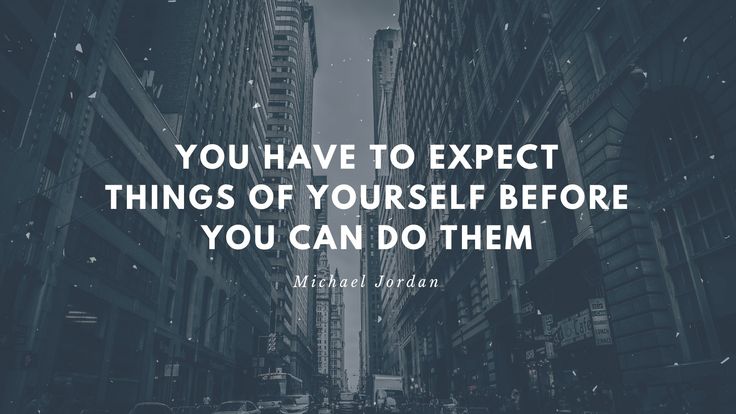 "
"
That's why, sometimes, we don't need a particular thing to motivate us -- we just need to get started, and a more focused and productive mental state will follow.
When your energy is low, it can be hard to get in that get-stuff-done mindset. So when you feel yourself dragging, stop what you're doing and take a few minutes to either make a new to-do list or rework the one you already have.
After all, studies show that when we write down our goals, we're more likely to achieve them. This small step can not only help your productivity, but it can also help get rid of that uncomfortable, anxious feeling you get when you procrastinate.
There are a lot of different ways to make a to-do list -- and what works for you may not work for your neighbor. But it turns out there is one similarity to how most of us write our to-do lists: We tend to start with the easier tasks first, and save the daunting tasks for last.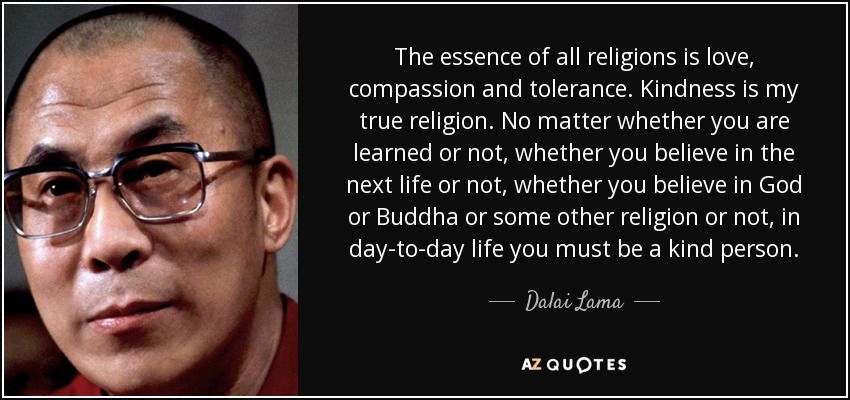 That way, we can cross items off the list faster ... and feel good about it.
That way, we can cross items off the list faster ... and feel good about it.
But according to Charles Duhigg, saving the harder stuff for last increases stress and other negative emotions. To more effectively motivate yourself with a to-do list, Duhigg suggests:
To get started, think about what part of that broken-down task you can accomplish right now or today, and begin working on it with the more manageable and achievable goal in mind.
Accountability works. None of us likes to look bad in front of others. Chances are, if you've promised to do something publicly, you'll be more likely to achieve it. That's why so many people do things like create public blogs or Instagram accounts to hold themselves accountable for fitness and weight loss goals.
You don't have to go public with your goals to reap the benefits of accountability. You can do it with coworkers, or with friends and family.
For example, here at HubSpot, the blogging team holds a daily standup meeting where we come together in the morning to list out what we plan to get done that day. If we find ourselves repeating the same task over a series of consecutive days, it becomes clear to ourselves and our colleagues that we either need to prioritize that task to get it done, or reevaluate whether it really needs doing in the first place. (You can also use collaborative to-do list apps like Trello or Wunderlist to share tasks with others digitally.)
Simply recruiting a reliable friend to become your accountability buddy can help, too. Psychology professor Dr. Gala Matthews conducted a study on goal achievement in the workplace worldwide. She found that more than 70% of the participants who sent weekly updates to a friend either completely accomplished their goal or were more than halfway there. Compare that with 35% of those who kept their goals to themselves without even writing them down.
Compare that with 35% of those who kept their goals to themselves without even writing them down.
According to Duhigg's research, your physical environment is one of the most powerful drivers of our habits and behaviors.
Take the six-month study published in The American Journal of Public Health, for example. The scientists that ran the study found that by changing the environment and the way food and drinks were displayed in a large hospital cafeteria, they could get people to eat and drink healthier -- without even thinking about it. Just by moving bottled water closer to the cashier and moving soft drinks away from it, the number of soda sales dropped by 11.4%, while bottled water sales increased by 25.8%.
Similarly, where you work can affect your motivation levels. Duhigg says this might be because we mentally assign behaviors, habits, and routines to particular locations, like bed for sleeping, desk for working, couch for relaxing.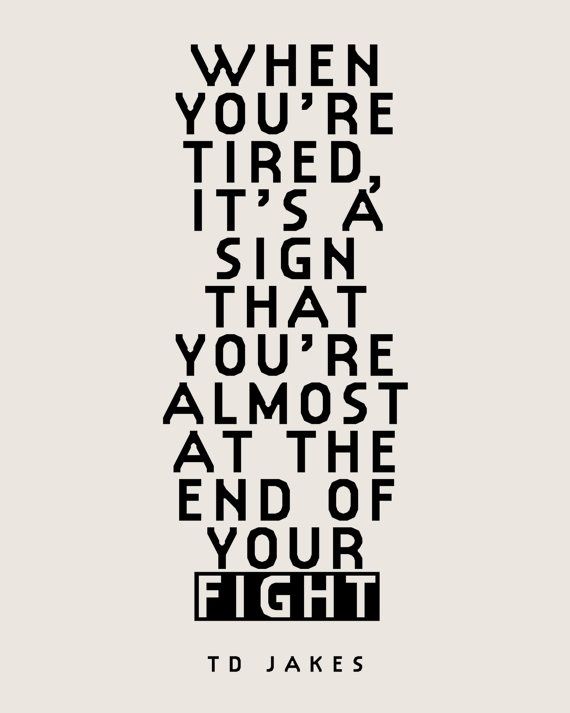 (Another reason taking your lunch break away from your desk can do wonders for your productivity.)
(Another reason taking your lunch break away from your desk can do wonders for your productivity.)
Need to really focus? Step away from your desk, move to a workspace with no distractions, and hone in on whatever it is you need to do. That's what Amanda Sibley, a demand generation manager at HubSpot, told me works for her: "If there is something I must get done in a day -- a deck due to our CMO, for example -- then I turn off email and shut myself in a room for an hour or so until it's done."
Music motivates us. Think about it: Why do people listen to music when they go to the gym? Because it gives us energy.
We don't just have an emotional reaction when we listen to music; we also have a physical reaction. Music engages our bodies' sympathetic nervous systems. Our airway opens, our heart accelerates, and our muscles become primed for movement. When the speed, intensity, or volume of the music rises, our pulse quickens and our breathing accelerates.
This is great for physical exercise, of course. But it's also great for reenergizing you when you're feeling tired or bored. Not only will it help refocus you, but studies have shown that music can help draw our attention away from the negative aspects of whatever task we're doing.
"During my training and races it became obvious that even in really horrible weather conditions, or when I was physically suffering, that I could use music (and my imagination) to create a parallel universe that had little to do with reality," said Jacob Jolij, an athlete and researcher from the University of Groningen in the Netherlands. "I used music to stay optimistic and see the glass as perpetually half-full while doing ultra-endurance races. You can use music as a tool when you work out or in your daily life the same way. "
So the next time you're tackling something that doesn't quite thrill you, consider putting on some happy tunes. If you need some music ideas, try one of these science-backed productivity playlists.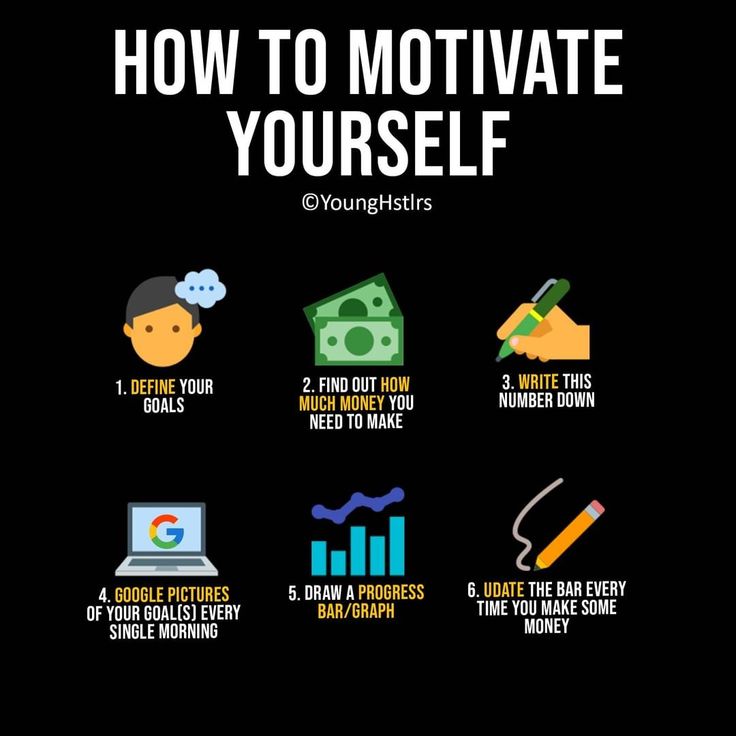
Listening to pump-up jams not your cup of tea? Perhaps meditating is.
It's funny: We rest our aching muscles after a tough workout without a second thought, and yet we expect our brain to work hour after hour, day in and day out. It just doesn't make sense. Burnout is real, folks.
Taking ten or twenty minutes out of your workday to meditate is a great way to use a break time -- especially when you find your attention and motivation wavering. According to one study, intensive meditation can help you focus and sustain your attention -- even during the most boring of tasks. It also helps boost your mood: A 2012 study found that people who mediated "stayed on tasks longer and made fewer task switches, as well as reporting less negative feedback after task performance."
Never meditated before? You don't need any experience to enjoy the benefits of meditation -- especially with the many apps out there that offer guided meditations. Next time you feel disconnected or unmotivated at work, try using one of these free apps:
 If you end up getting hooked, you can sign up for a monthly subscription.
If you end up getting hooked, you can sign up for a monthly subscription.Sometimes, taking a short break to talk with a colleague can be enough to reenergize you for several more hours. In a study of call center workers, those who talked to more coworkers in between calls actually got through calls faster and felt less stressed -- all while having the same approval ratings as their peers.
If you just need a break from the task at hand, grab a coworker and talk a short walk. If you need some inspiration, choose that coworker wisely, and use the time to bounce ideas off of them. If you're really struggling, try asking them for advice on how to refocus or reprioritize.
If you're working from home or no one's available, leave your current workspace (see tip #4: change up your location) and interact with someone -- anyone.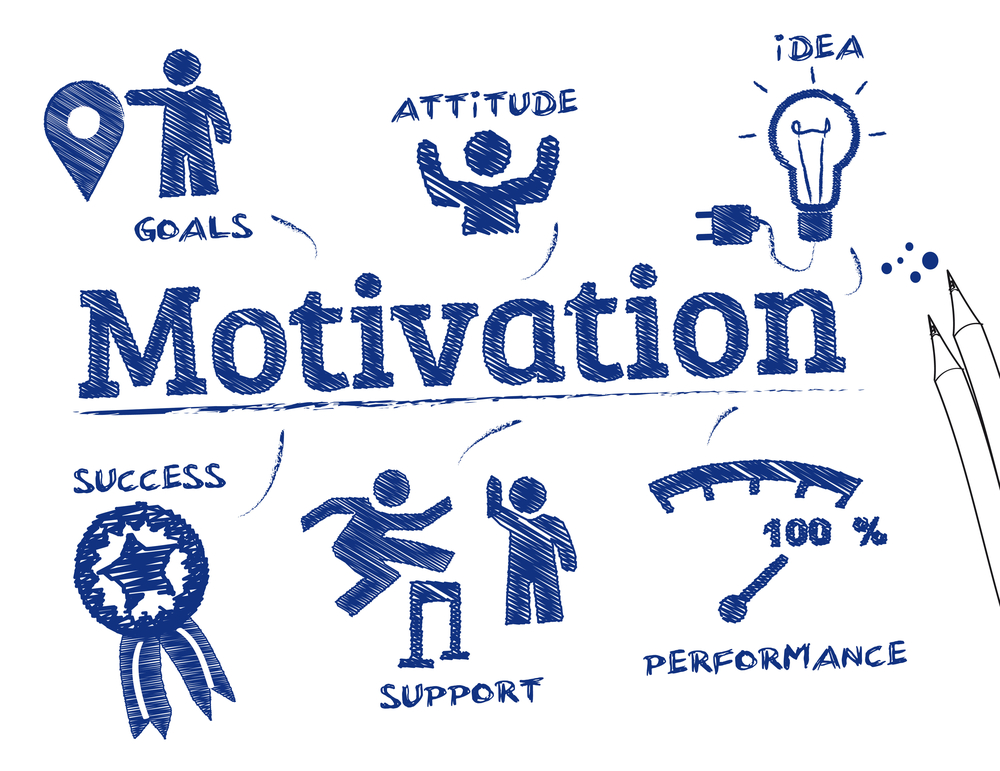 "Go outside and find a human to interact with -- ordering your coffee, running an errand, whatever," suggests my colleague Corey Wainwright.
"Go outside and find a human to interact with -- ordering your coffee, running an errand, whatever," suggests my colleague Corey Wainwright.
Or, give yourself a pep talk. Giving yourself advice and encouragement in the second-person voice actually works, according to a study on self-motivation from the University of Illinois at Urbana-Champaign.
“People are used to receiving and giving advice in the second-person, and they seem to prefer using the second-person pronoun to psych themselves up before engaging in action,” study coauthor Dr. Sanda Dolcos told The Huffington Post. “Self-advice expressed using ‘You’ probably enables people to adopt a broader perspective, considering how a significant other might view the event, and to reproduce the kind of encouragements previously received from others.”
Food is fuel for our brains and our bodies. What we eat -- and when we eat it -- has a direct impact on our performance at work.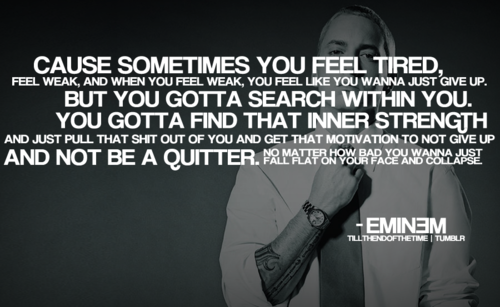 Recent studies show that willpower is a limited resource and depletes throughout the day, but may be strengthened by the food we eat.
Recent studies show that willpower is a limited resource and depletes throughout the day, but may be strengthened by the food we eat.
To function at its best, your brain needs a constant supply of glucose and fat that come from the right nutritional sources -- i.e., not junk food. Our brains work best with about 25 grams of glucose circulating in our blood stream, which is about the amount found in a banana. So when we're feeling sluggish, snacking on a banana between meals can actually help us reenergize our brainpower.
On the other hand, if we were to snack on something high in sugar, like a handful of M&Ms, then we risk a much higher blood sugar spike followed by a crash. While we may feel energized for a short period of time, we'll ultimately enter into a slump. The result? Low energy and low productivity.
The same is true for coffee, which only gives us short caffeine bursts. (If you love coffee, though, try bulletproof coffee, which has a longer-lasting, positive effect on your energy levels. )
)
Healthy snacks that'll supercharge your brainpower and help you gain energy when you're tired include bananas, yogurt, blueberries, avocados, olive oil, salmon, broccoli, eggplant, and dark, leafy greens. (Check out our infographic on "the productivity diet" to learn why these foods help you focus.)
Whether it's spending some quality time at the gym or simply going for a short walk between meetings, regular exercise can do wonders for your health, your happiness, and your productivity and energy levels at work. In fact, researchers have found that people who exercise during normal working hours are actually more productive at work, even if they technically log fewer hours.
Another study out of the University of Georgia examined whether exercise can be used to treat fatigue. It showed that even low-intensity exercise can significantly help feelings of fatigue.
“A lot of people are overworked and not sleeping enough,” said Patrick O’Connor, co-director of the university’s exercise psychology laboratory.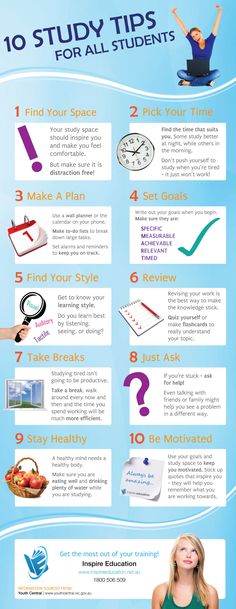 “Exercise is a way for people to feel more energetic. There’s a scientific basis for it, and there are advantages to it compared to things like caffeine and energy drinks.”
“Exercise is a way for people to feel more energetic. There’s a scientific basis for it, and there are advantages to it compared to things like caffeine and energy drinks.”
Here are 10 ideas for sneaking in exercise at work without looking silly, from taking short "active breaks" to replacing your desk chair with a stability ball.
Another way to unleash your brain's natural energy? Take a power nap. Researchers have found there are clear benefits to napping, including increased alertness after your nap. The key is doing it right. In other words, napping for the right amount of time, and at the right time of day.
According to Sleep Expert Dr. Phyllis Zee of Northwestern University, the best naps are between 1 p.m. 3 p.m. and last between 20 and 40 minutes.
That afternoon timing is best for your body clock, whereas napping later in the day can affect how well you sleep that night. Taking a nap longer than 40 minutes can cause your brain to slow-wave (deeper) sleep, which'll leave you waking up in a state of confusion -- the opposite of what you were trying to solve for.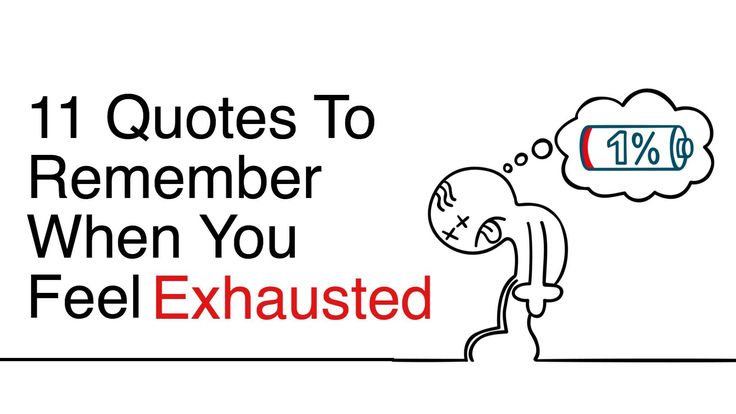
Then, once you're up from your nap, get back to it.
If you've tried some of these tactics and none of them are helping you refocus and reenergize, be careful: You might be burned out.
Burnout is defined as a state of chronic stress that leads to physical and emotional exhaustion, cynicism and detachment, and feelings of ineffectiveness and lack of accomplishment. Although people experience burnout differently, a telltale sign is when you're experiencing the trifecta of exhaustion, cynicism, and inefficacy all at once.
Remember: It's OK to take your foot off the gas pedal every once in a while and to adjust your work output to your current motivation level.
But if you're feeling the symptoms of burnout, take care to dedicate specific time for unplugging and relaxing -- and even take a vacation if you can. It's good for you, and even your boss would agree: 91% of business leaders believe their employees return from vacations recharged and ready to work more effectively.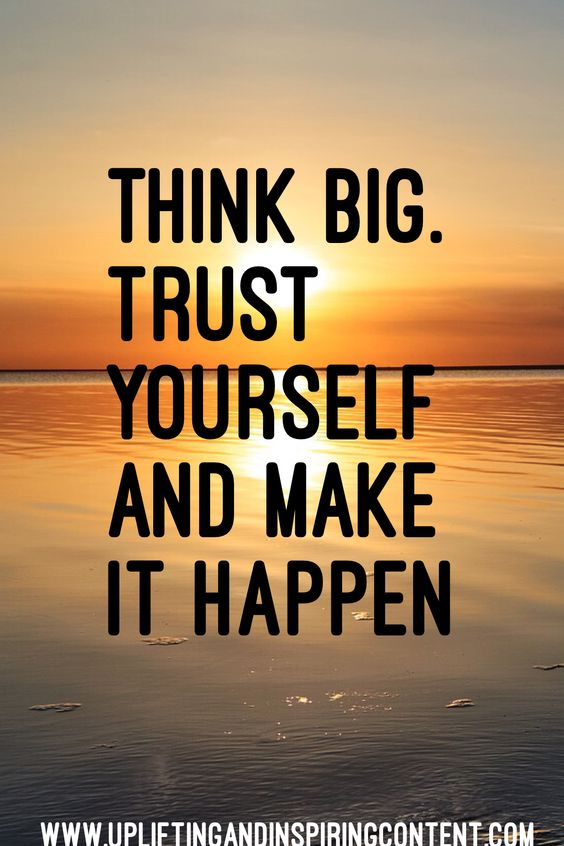
Want more? Read 28 of the Best Motivational TED Talk Videos to Inspire You.
38,992
Antistress Practices how to
Karen had a day off, she felt overwhelmed and completely exhausted. You will remember days like this, the only thing you want to do is crawl back into bed.
Karen is a busy, ambitious single mother. As much as she would like to finish everything early and rest, she still has to cook dinner and read to the children before bed. Sometimes it's hard to find the strength to do it. And some duties and tasks are so unpleasant that it is difficult to find motivation for their implementation in principle.
We are sinking into self-blame and procrastination. When we are unproductive, it is easy to slip into endless self-criticism. Karen herself does not notice how she begins to think how lazy and stupid she is.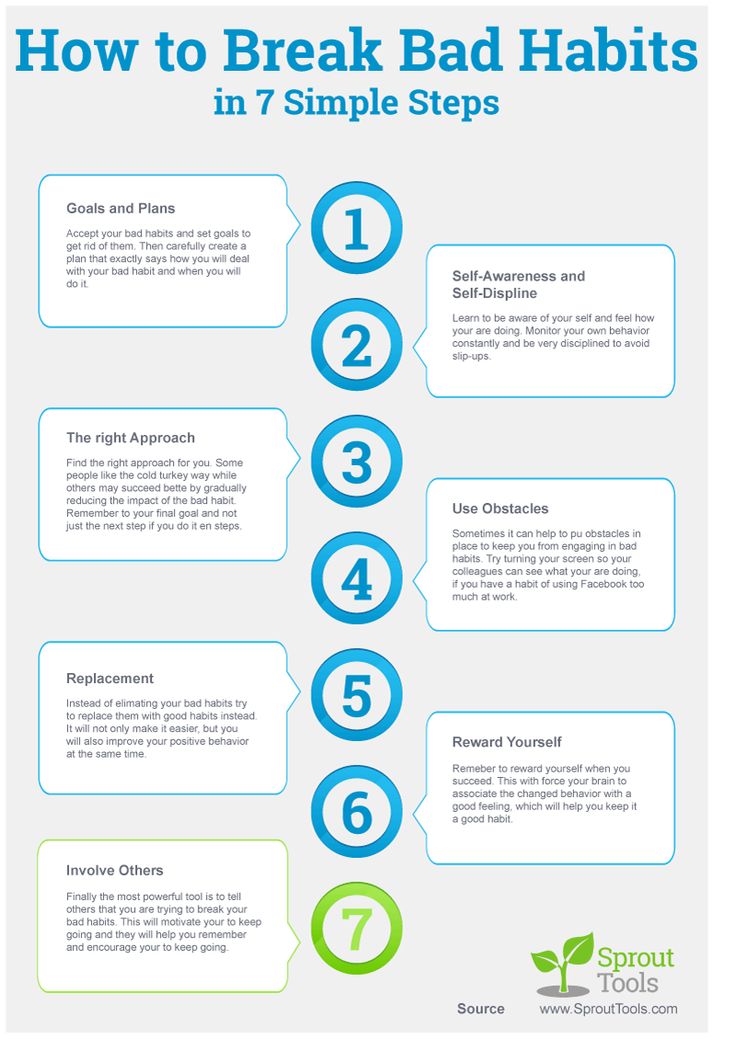 “I’m a terrible mother who doesn’t even have the energy to cook a normal meal and read to the children before bed,” she thinks.
“I’m a terrible mother who doesn’t even have the energy to cook a normal meal and read to the children before bed,” she thinks.
Thoughts like these lead us into a vicious circle: the lack of motivation leads us to berate ourselves for procrastination, and as a result, we feel even worse.
Scolding ourselves does not increase our motivation. Often it seems to us that it is worth being tougher on ourselves - so we will be able to do more. When we fail to live up to expectations (ours or someone else's), we usually begin to blame ourselves and slip into self-criticism.
A tough attitude towards oneself does not add energy
But where to start is with compassion for yourself. Stop and admit that you have to overcome many difficulties. Whether you're depressed or just having a bad day, the pain you're experiencing is real.
We sometimes feel overwhelmed, overwhelmed, or lethargic. Be kind to yourself, as you would be kind to a friend who is going through a difficult period in life.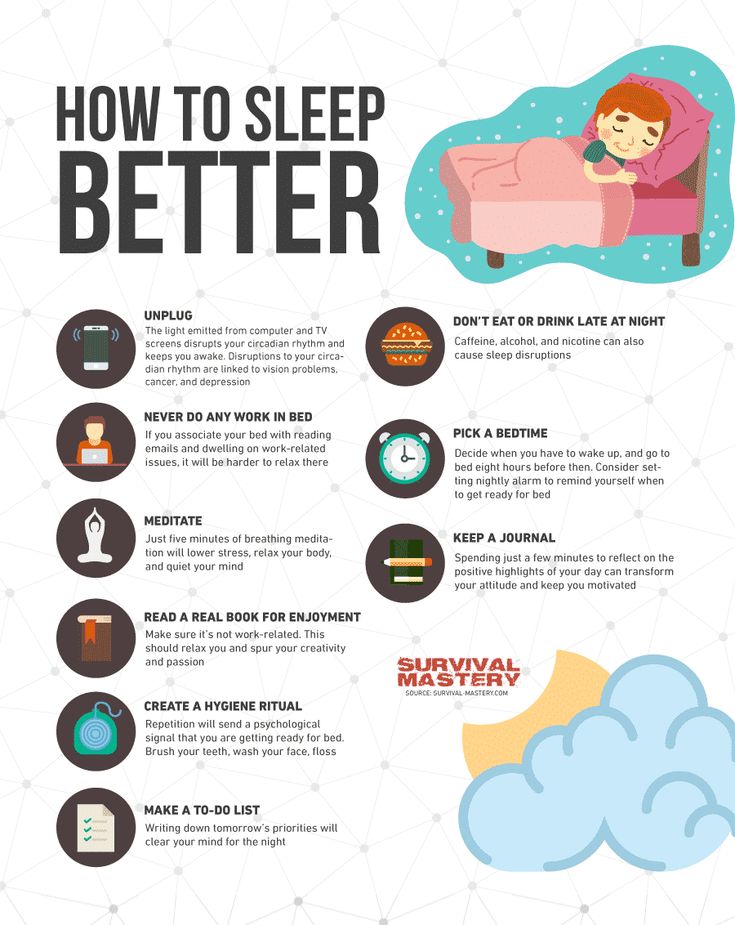 Recognize that it's normal to feel tired, overwhelmed, or lethargic sometimes, and that your value as a person goes beyond being productive.
Recognize that it's normal to feel tired, overwhelmed, or lethargic sometimes, and that your value as a person goes beyond being productive.
Most people are afraid that they will not achieve anything if they are too soft with themselves. However, accepting yourself is not the same as feeling sorry or digging into your problems. By showing self-compassion and acknowledging the fatigue you are experiencing, you can free yourself from the flood of negative self-suggestions that contribute to unproductiveness.
In a state of apathy, do not criticize yourself, but be kind to yourself. Self-compassion will motivate you. After all, a joyful, happy state increases efficiency. Yet most of us are motivated by action, not the other way around. Therefore, you should not sit and wait for the desire to do something to wake up, force yourself to start.
What did Karen do? After a hard day, she wanted to collapse on the sofa in front of the TV. She scolded herself for what a bad mother she was for ordering fast food delivery so often instead of preparing a full dinner.
Beating herself didn't make her want to cook, she just felt ashamed and "inferior"
First, Karen needed to replace self-flagellation with self-compassion. She started telling herself things like, “I'm not lazy. I work full time and have two kids. It is hard work. It's okay if I order pizza sometimes. It doesn't make me a bad mother."
She admitted that she came home from work tired and exhausted and needed a proper rest. Now, when she comes home, the first thing she does is take a hot shower and after that she devotes 10 minutes to meditation.
Karen gradually moved towards her goal of cooking a healthy dinner every day. For starters, limited to salad. Over time, I began to cook more and more, and in those days when there was no such opportunity, I did not blame and did not shame myself for it.
Conclusion - to motivate yourself, start with self-compassion and gradually move towards your goal.
About the author: Sharon Martin is a psychotherapist.
Text: Nikolai Protsenko Photo Source: Getty Images
New on the site
How to get closer to a partner: 4 easy steps — try it in a relationship
From fears and complexes to self-love: what I learned from sex parties
Quiz: What kind of man would you be?
“I don’t feel respect from my partner”
“Six months have passed since the birth, and I still haven’t received help from my husband”
“Why was I harmful?”: what is resentment and how does it spoil our lives
How to help a teenager cope with a parent's divorce
“I’m with my wife only because of the children”: 6 lies of a cheating man — a reader’s story - this is what pushes you to achieve personal and professional goals and at the same time gives a feeling of satisfaction with your results and improves the quality of life. It's no secret that motivated employees are more organized, they have more time management skills and self-reflection.
The latter is not accidental: the best motivation is indeed internal, not external. The association with management as something directive - instructions from above - is gradually losing relevance, especially in companies with a progressive and open corporate culture. However, there is no better driver for the result for a professional than self-motivation.
It occurs naturally in employees who feel their involvement in the business and influence its results, on the one hand, and who are passionate about their field of activity, on the other. And if the first factor can still be influenced by the corporate environment or the leader and mentor, then the second is entirely the responsibility of the employee himself.
Hence the conclusion: do what drives you, be able to respond to business challenges and bring results, feel your contribution - and the growth of self-motivation will not take long. It is especially important to maintain it in oneself in creative professions, such as, for example, marketing, where professionals are often prone to burnout.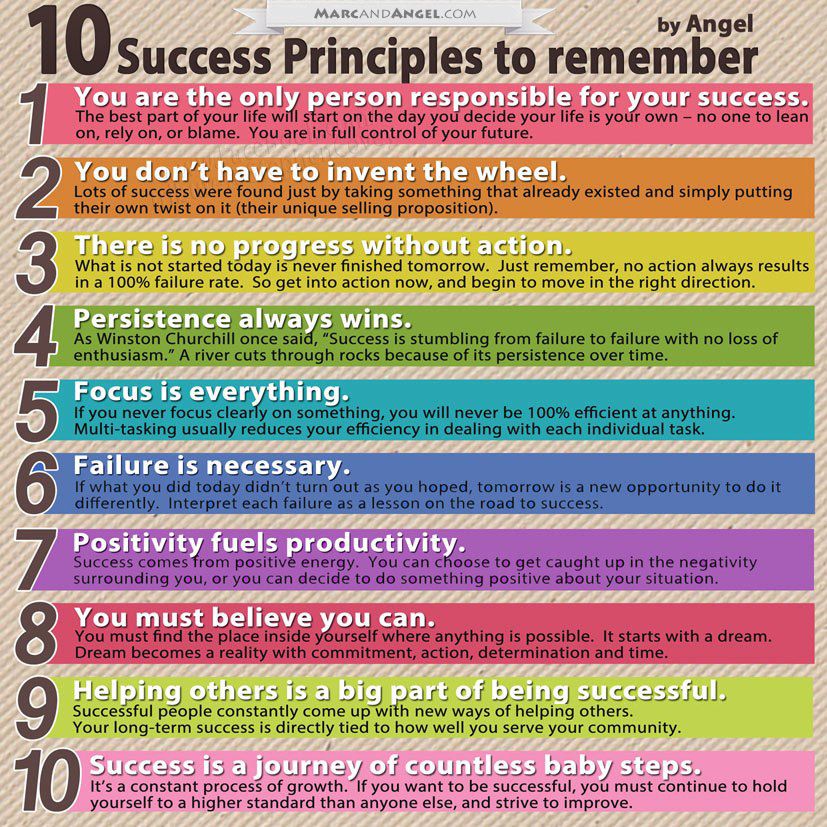 In order not to face it, you need to be able to optimize routine tasks and understand what greater goal you are leading your business to with your work, as well as understand how the tasks you solve affect your own professional and personal growth.
In order not to face it, you need to be able to optimize routine tasks and understand what greater goal you are leading your business to with your work, as well as understand how the tasks you solve affect your own professional and personal growth.
The last factor should not be underestimated: the opportunity to add a strong case to your experience and grow above yourself is something that incredibly motivates professionals. And at the same time, it is worthwhile to adequately assess your workload so that after a month, quarter or year you do not face almost physical exhaustion.
Competent self-regulation, self-reflection, a tangible impact on the result and large-scale cases - this is what will allow you to maintain internal motivation in yourself. And already together with it comes creativity, the ability to think beyond the tasks set and find new solutions, which is extremely important both in marketing and in open corporate structures.”
If you decide to work on self-motivation, it is important to consider the following principles:
When developing self-motivation, do not use only one method. There is no one hundred percent solution here: for the best result, you can use several techniques that complement and reinforce each other.
There is no one hundred percent solution here: for the best result, you can use several techniques that complement and reinforce each other.
What works for your colleague may not work for you. Choose what suits you.
For example, productive time. “Everyone has their own time of maximum activity, someone cannot wake up until 12, but from 18 to 21 is his time for creativity, work and creativity,” gives an example general director of VELES Personnel LLC Marina Mironova . - And for some, the best decisions come at 7 in the morning. Analyze when you are most productive during the day and plan your most meaningful tasks at that time. During periods when you have low activity, schedule technical or less significant tasks. There are several directions in the methods of self-motivation: someone is better inspired by social methods related to communication. And for some, connecting others is excessive stress. Someone disciplined takes small steps, and someone is too bored - and he breaks down after three days.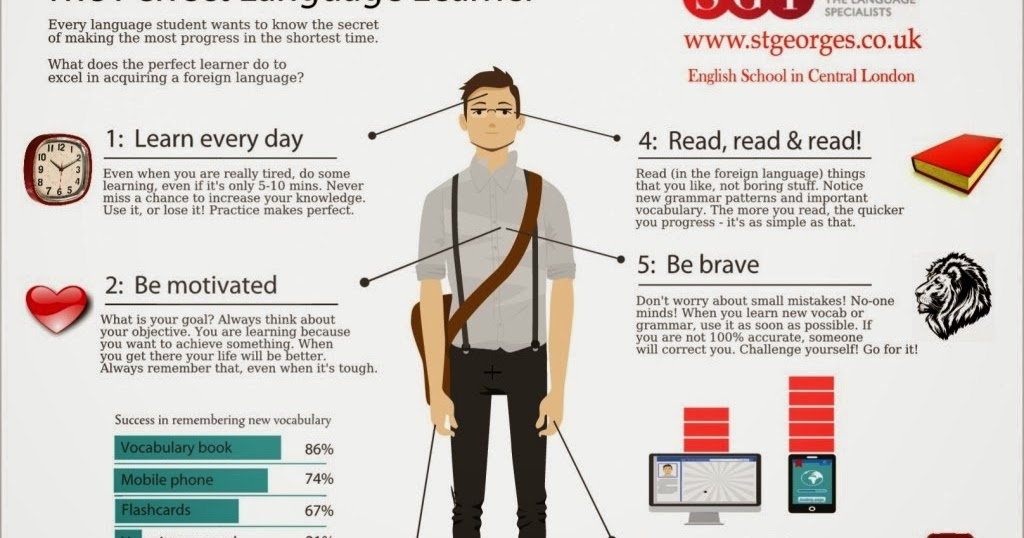 Analyze your preferences and features in order to focus on “your” techniques.
Analyze your preferences and features in order to focus on “your” techniques.
If your resources are depleted—you don't get enough sleep, you don't eat well, you aren't healthy—self-motivation techniques won't work.
⚠ No whip will lift an exhausted horse.Trying to squeeze more out of the body than it can give is a direct path to burnout and disease. When planning your tasks, do not fill life by 200% - leave time for rest and restoration of resources.
Some people are lucky - and they find their own way of self-motivation, which works for many years. But for most people, a constant change of techniques is necessary. Experiment, try, evaluate the effectiveness and share really working techniques with your friends.
Self-motivation techniques can be conditionally divided into groups: emotional, disciplinary, logical and social.
○ Emotional - methods that give rise to emotions that make our work bright, rich, help to cope with emotional barriers in work.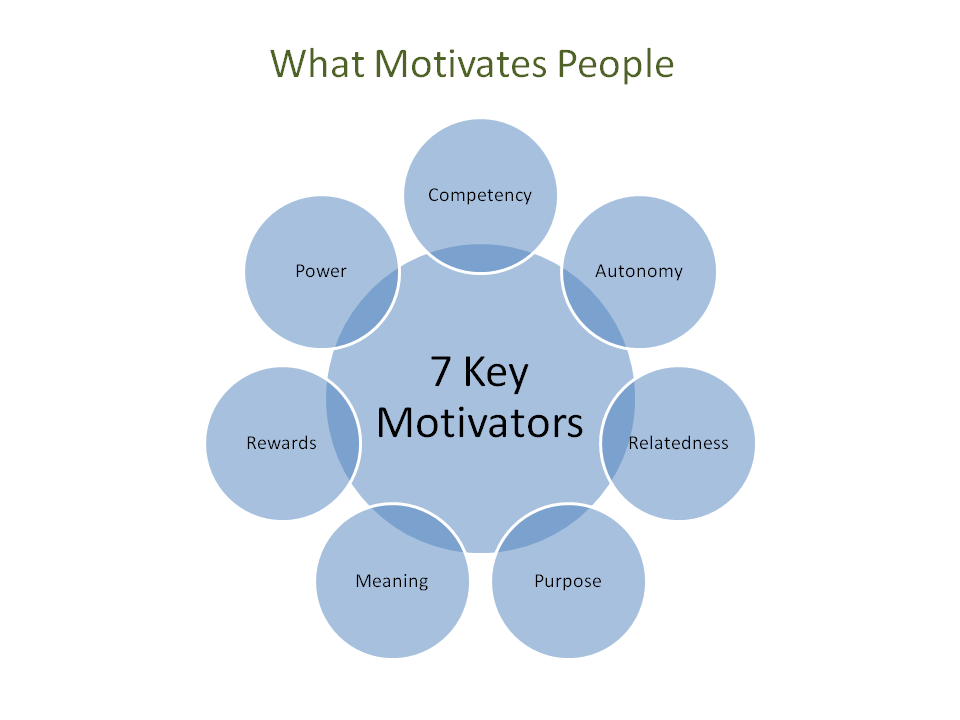
1. Record small victories.
Record everything that you do, praise yourself, "collect" your achievements and victories. This allows you to get out of the feeling “I can’t do anything, I’m spinning like a squirrel in a wheel, but the result is zero.” A few days of self-observation - and you will see that your efforts are not in vain and there really are results.
You can keep a diary of victories. You can sum up the day after work or before going to bed with the obligatory highlighting of at least three achievements.2. Use an artificial deadline.
This is one of the most popular self-motivation techniques. People have noticed that before the deadline for a task, they manage to get 10 times more done than in a normal time. Therefore, you can set a deadline a few days before the end of the project or break the task into small steps, each with its own deadline.
“Technique is quite effective, but to abuse it means to constantly drive yourself into a situation of artificial stress,” warns Marina Mironova . - If you do this regularly, you can get a nervous breakdown, fatigue and lack of strength to continue the project. This technique does not work in the long run.”
- If you do this regularly, you can get a nervous breakdown, fatigue and lack of strength to continue the project. This technique does not work in the long run.” 3. Design your own rewards.
This is also a popular technique that many come naturally to rewarding themselves for accomplishing a result. It can be a cup of coffee, or a walk, or a ten-minute break for an activity that you really enjoy.
Before starting work, imagine how you will pamper yourself at the end of it, what you will do, how you will feel. These views will help you get started.4. Get inspired.
Have you ever encountered the fact that after meeting an interesting person, an article or a video, you seem to grow wings, you want to immediately start working in this direction. Each area has its own stars, charismatic leaders, looking at whom you feel inspired. Who can serve as such a leader for you? Where can you talk to him or hear/see his performance?
Unfortunately, the peculiarity of this technique is that without additional steps (for example, such as prescribing one's own vision, goals, steps, etc.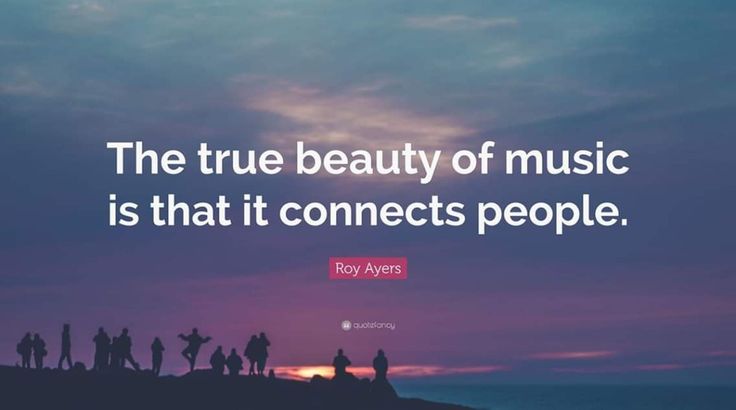 ), inspiration quickly disappears: its effect does not last very long.
), inspiration quickly disappears: its effect does not last very long. 5. Avoid high value.
Excessive motivation hinders work. In psychology, there is such a thing as “optimal motivation”. Too simple tasks are boring, and too difficult ones are scary to approach: the price of a mistake is too high. And, as a result, work is postponed for a long time, or excessive excitement negatively affects the result.
If the task is too important, consider several scenarios for the development of events to reduce the significance of the error.○ Disciplinary ways to develop self-motivation - that allows you to organize space, develop the right habits. Often these are techniques that actively involve willpower.
1. Walk in small steps.
Too big and complex tasks scare us, they are like a mountain that cannot be moved. According to Director General of VELES Personnel LLC Marina Mironova , the best way to work with voluminous tasks is to break them down into small subtasks. The finer the crush, the easier it is to approach. A small task is easy to handle: it brings a quick win.
The finer the crush, the easier it is to approach. A small task is easy to handle: it brings a quick win.
2. Represent the beginning of a task.
The first step is usually the hardest, often out of your comfort zone. Imagine in advance, on the way to work, how you will do it: for example, spend the first half hour on the most difficult task and only then reward yourself with coffee and communication with colleagues.
3. Plan your day the day before.
Day planning is another great way to tune in to the task: set small periods of work, include obligatory rest time in the plan.
4. Kill the selection.
This is a great workspace technique that works both to focus on the important task (it's in front of your eyes, all the necessary equipment for the job is ready and set up) and to reduce attention to distractions (remove social networks on the far screen smartphone, insert a restriction on reading news, etc.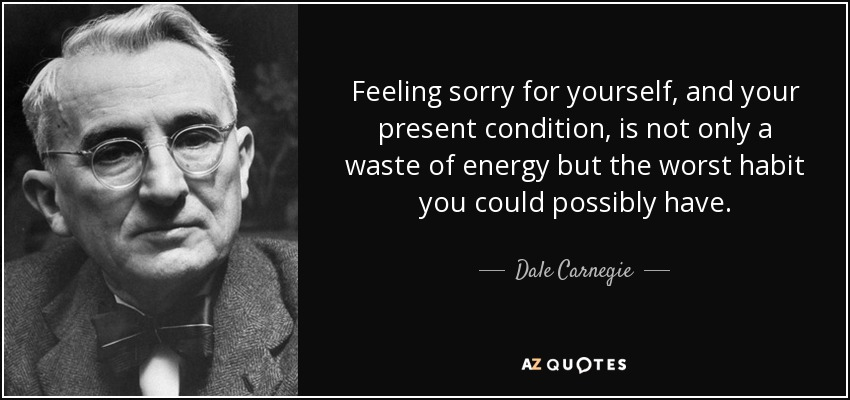 ).
).
5. Focus.
Work with one task in one working period - multitasking makes you nervous, pushes back the result, lengthens the time for each task.
6. Use standard planning methods: day, week, month, year.
This is another standard method of getting things in order and setting priorities. If the tasks are clearly structured and broken down into steps to work with, they require less emotional effort.
○ Intelligent technicians - they allow you to conduct a deep analysis of your tasks, link them not only with the situation here and now, but also with more distant global goals. Evaluate how current tasks affect your career prospects, personal development, and relationship development.
1. Analyze: what, why, how, why, what.
Analyze: what, why, how, why, what.
Spend time by yourself to sort out tasks, especially if you feel like a tangled tangle and blockage at work. Analyze and answer your questions: what do I need to do? Why do I need results for these tasks, what can I achieve by solving them in a longer perspective - in a month, a year, several years? How can I make them? Why can't I move forward, what obstacles can I face? How exactly will I solve the problem, what specific steps and when will I take?
Structuring your tasks, linking them to higher goals, allows you to form a more stable self-motivation, and not just rely on techniques that give an instant effect.○ Social techniques work by involving other people. The maximum effect will be achieved if you manage to connect people whose opinion is really important to you and whose good attitude you really value.
1. Find a partner.
This is a person with whom you could solve a problem that is significant for you.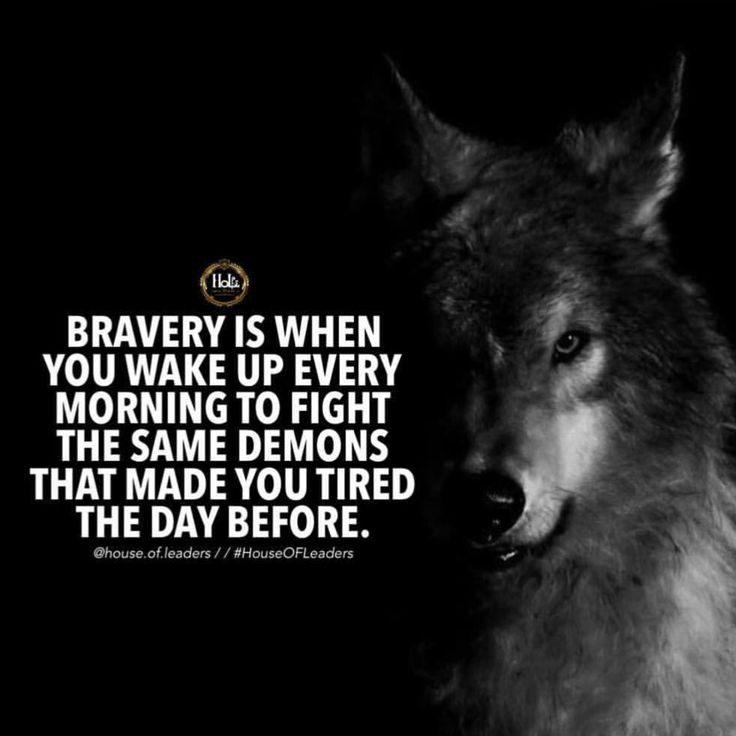 People in a team at work do more than they do individually.
People in a team at work do more than they do individually.
2. Start the competition.
We love "fun starts" since childhood. Competition in the conditions of friendly support is no longer hard work, but entertainment, excitement and a brighter feeling of victory. You can make a bet between participants or "fans". Often competitions are organized by the employer in order to turn routine work into an activity filled with emotions.
3. State plans publicly.
Today, the easiest way to do this is through social networks. Well, or just tell your friends and colleagues about your plans. In this case, it will be more difficult for you not to fulfill them. Not wanting to be embarrassed by giving up will be an additional incentive to work on the task.